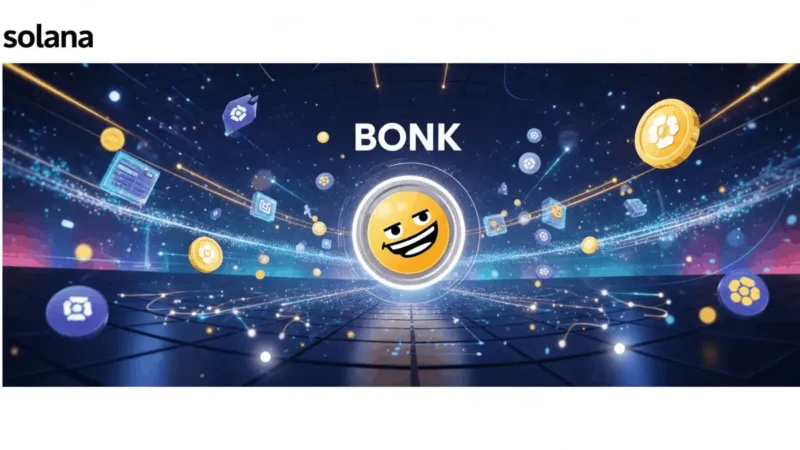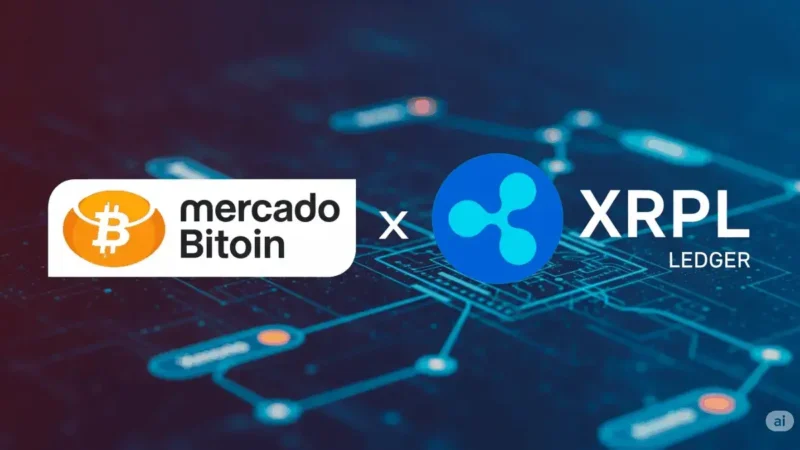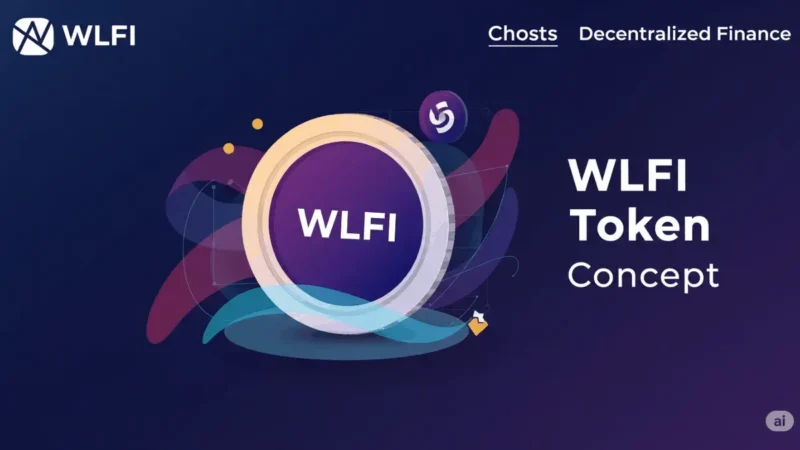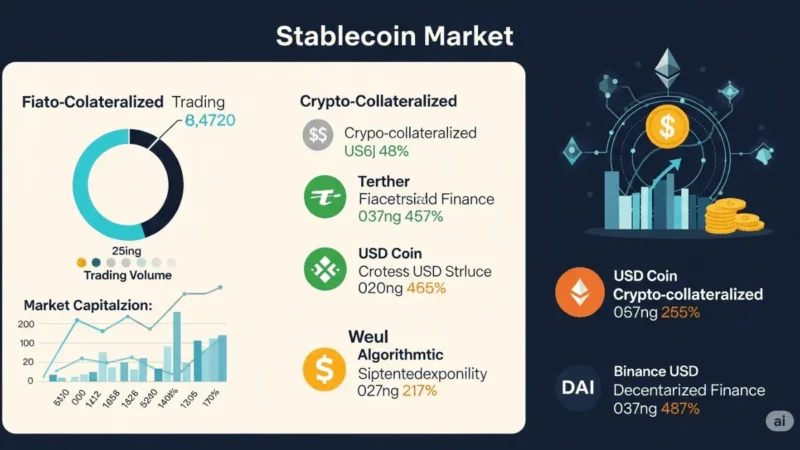Ethereum: Neutrality threatened – Half of all blocks censored
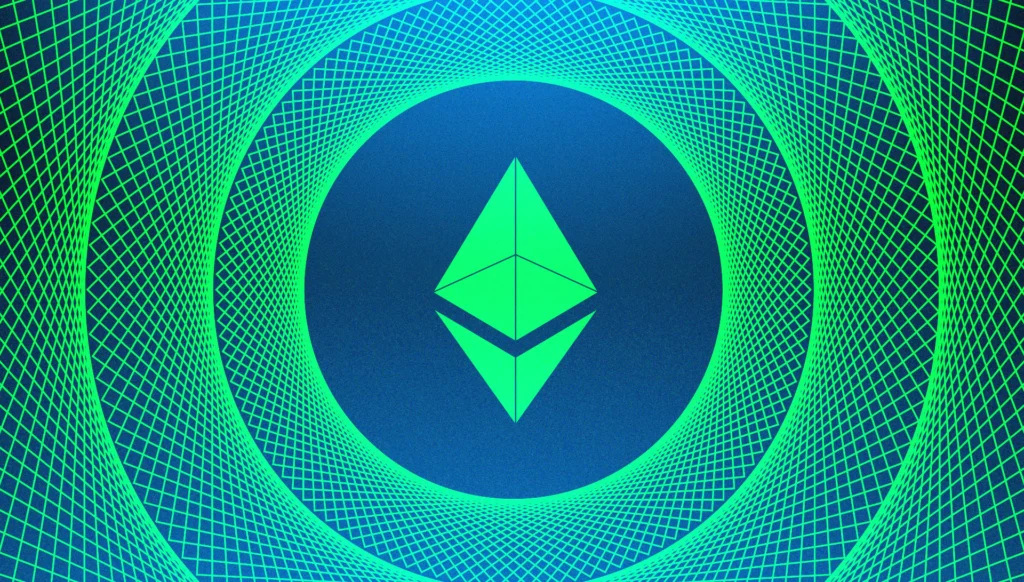
Only a few weeks after the drama surrounding the crypto mixer Tornado.Cash, there are signs that the worst expectations are coming true. The neutrality of the Ethereum blockchain is increasingly threatened. Almost half of all new blocks are now affected by censorship.
Ethereum neutrality: around 45 percent blocks censored
In August, the US Treasury announced sanctions against Ethereum (ETH) mixer Tornado.Cash . Meanwhile, a multi-faceted story unfolded after that decision. As the largest decentralized stablecoin , DAI therefore wants to adjust its reserve in the long term.
In addition, discussions about Ethereum’s resistance to possible censorship began. It quickly became apparent that Ethermine, one of the largest mining pools, supported the sanctions and tried to censor the Ethereum network.
In the meantime, the merge has taken place and Ethereum has left mining behind in favor of Proof of Stake . Previously warned about the consequences of this event. Instead of an improvement, the new consensus mechanism could exacerbate the censorship problem.
The latest figures now show that this danger is realistic. Again, it’s about the censorship of Tornado.Cash transactions. Despite all the sanctions, the smart contract continues to run. All you need is an uncensored Ethereum blockchain .
However, if development continues as before, the network could actually paralyze the mixer. Because now around 45 percent of all blocks are censored – and thus almost every second block . Australian blockchain expert Lachan Feeney reports this in an interview with Cointelegraph.
Flashbots and other MEV boosts are a hazard
This is due to the principle of MEV boosts. In order to understand their task, you first have to know about the Maximum Extractable Value ( MEV for short ). In short, it is the highest possible profit that a network’s validators or miners can make.
To increase their profits, they change the order of transactions based on the transaction fee paid by the user. Accordingly, the highest possible fee is rewarded with fast processing.
However, users who pay lower fees will have to wait. The principle is particularly well known from Bitcoin and Ethereum. The service Flashbots developed the so-called MEV-Boost to combat the negative consequences.
To do this, the validation and the creation of blocks are divided into two separate activities. At the same time, users of the MEV boost are also promised an increase in staking income of a full 60 percent.
This is to be achieved by selling the block volume to the separate block producers. The higher income is achieved by using the MEV. The provision of the boost aims to democratize this option.
Flashbots is the best-known and most important provider of a MEV boost, but alternative options also exist. Most of them – including flashbots – censor unwanted transactions according to the specifications of the US Treasury Department.
Since flashbots now manage 23 percent of all transactions on Ethereum, the influence of censorship was recently estimated at 23 to 25 percent.
Censorship is higher than expected
However, Feeney is convinced that this value is significantly higher than previously assumed. He estimates the proportion of censored transactions at around 45 percent. This is because most companies providing MEV boosts are themselves based in the US.
Therefore, they follow the regulations of the authorities in order not to become the target of punishment themselves. Feeney is therefore calling on validators of the ETH blockchain to forgo an MEV boost.
If the validators want to make more money, just turn on this feature.
Explains Feeney. But many of those responsible do not know about the censorship they cause as a result.
We’re just trying to raise awareness that by running this software you may be contributing to the censorship of the network.
In the worst case, certain transactions are completely censored so that they are never processed – no matter how long you wait for them.
